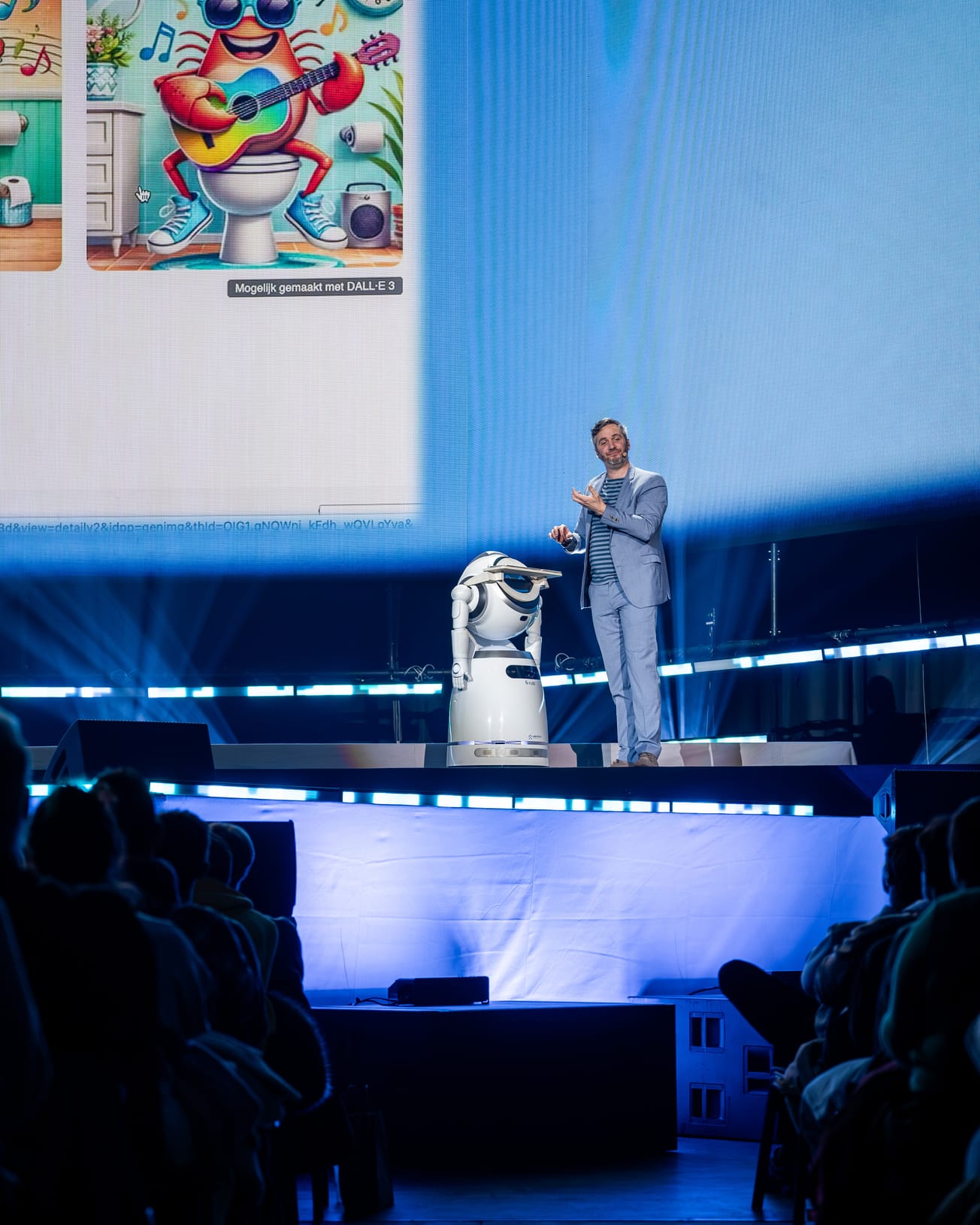Deputy travel editor Evy Tang shares her experience with women's coding initiative, CodeFirst.
Hello, World! Hello, Women!
For far too long, public perceptions of computer programmers and software engineers have been confined to one gender. But things are changing, finally. Even now, in 2018, women who code are viewed as a rare specimen of the female race, a computer goddess, an ambassador for the female gender within the world of technology.
I think too many people have yet to realise how important programming skills are and the opportunities that open up to you even if you have the most basic programming skills. As a history student, most would think that my degree would never require or need any software skills. In second year, I did a unit called ‘Digital Humanities’ and it quite literally changed my whole outlook on the utility of tech within my own subject discipline and career interests. From then on, my curiosity in how technology can enhance and advance how humanities are studied dramatically increased and by September 2017, I was convinced that the next step for me was to apply for a masters in Digital Humanities.
Photo by Fabian Grohs / Unsplash
At the same time, I saw again the advertisements of CodeFirst: Girls, a not for profit Social Enterprise that I had applied to the previous year and been rejected from. CodeFirst offers free community courses for women in education and at a professional level. The organisation aims to help and encourage women to get into tech by providing support for tech start-ups, teach basic programming skills and provide free coding courses for female university students.
It doesn’t matter what degree background you have, anyone is able to learn a programming language!
I applied once more to the programme and was successful this time round in getting a place! From October to December, I followed the beginners course which introduced participants to HTML, CSS, Git and a brief introduction to JavaScript and jQuery. What I found most rewarding about the course was how formulaic it was. It was so satisfying when everything worked. In history essays, there is no right or wrong answer, there is no finite answer at all and though it allows for creativity, it can become frustrating at times as your argument can always develop further. With programming, either it works or it doesn’t, and once you find and fix any bugs, you move on to the next bit. I found this really satisfying, that’s why I took A-Level maths back in the day.
My plans for next year have changed and instead of applying for a masters in Digital Humanities, I hope to get a place on a Computer Science conversion course (fingers crossed). The course by CodeFirst gave me the confidence and enthusiasm to seriously consider building the skills to get into this rapidly expanding industry. It doesn’t matter what degree background you have, anyone is able to learn a programming language and whatever you end up doing career wise, even a basic understanding of coding will only enhance your prospects.
Photo by Greg Rakozy / Unsplash
This brings me onto the controversy of companies ‘favouring’ non-male job applicants. I often hear from male friends of mine who study Computer Science that if I were to gain more sophisticated programming skills and put myself forward for the same jobs as them (despite having a BA in history), there is a high chance that I would be offered a job over them because of my gender. I must say that I am sceptical about the extent to which this stands firm however it did get me thinking.
Given the poor lack of gender diversity within tech and at degree level, is ‘social engineering’ and favouring female candidates over men ethical recruitment practise? Last year, Google software engineer James Damore claimed that the reason only 20% of Google’s engineers are women are due to “biological differences” between the sexes and that women tend to have “stronger interests in people” which makes them less suited to programming. The controversial claims lead to Damore being fired from Google, and rightly so. Women ought to be encouraged to join the industry, not be put off. From a young age girls ought to also be inspired to pursue any interest in computers and technology. The proportion of women in the west who go on to study computer science at university has steadily declined in the past decade despite initiatives such as CodeFirst.
Taking this all into consideration, I do think there is a case for a bias for women in the current job market because from a young age, the majority of girls are put off from pursuing an interest in computers. For the time being, favouring women gives us a boost in confidence to apply for jobs in tech and for more girls to consider taking a STEM subject at university. Though our male counterparts may deem this unjustified and “outrageously unfair”, we ought to bear in mind throughout history, women have so often been discriminated against rendering the current bias for women somewhat justified.
This isn’t to say it’s okay, but hopefully in years to come, there will be no need for companies to feel the need to prioritise female candidates over male ones because naturally, the cohort of applicants will be split more evenly. Until then, I can appreciate the annoyance at the recruitment system but I can reason with why it exists. Let’s hope children aren’t guided into gender roles so early on and that girls aren’t made to feel they can’t play with computers and participate in “boys games” and maybe, just maybe, a meritocracy will be in place with a natural gender balance in the industry.
Featured Image: Unsplash / Markus Spiske











